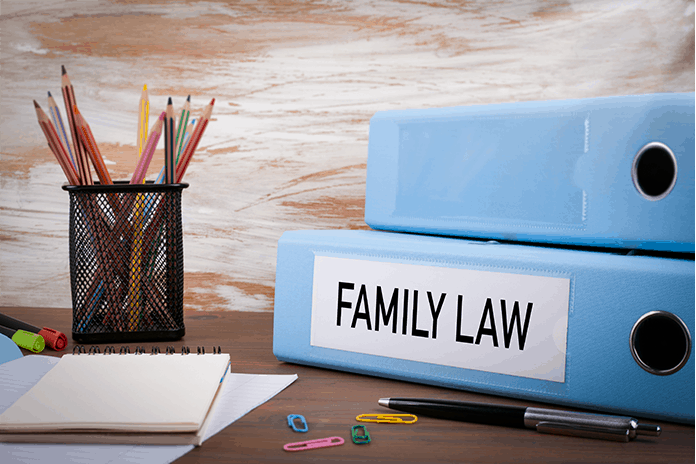The end is just the beginning. Most times, if you hear a phrase like that, someone is trying to point out a silver lining or cheer you up. If that someone is referring to your divorce, they are doing neither of those things. A perfect divorce settlement does not just end a marriage. It prevents any need for future reference or alteration to that settlement. It is a clean break.
Unfortunately, most of these perfect divorce settlements probably exist in the same universe as that perfect world we have heard so much about. In the one we live in, people don’t often hold up their end of a bargain. All it takes is your ex failing to do something pursuant to the terms of your agreement and, voila, you are back in court. The only silver lining here is that these post-divorce issues reoccur often enough that it typically is one of these four examples:
Increase of Child Support
The terms of a divorce settlement agreement can only be based on the circumstances at the time. You may have had to accept less in terms of child support because your ex is not making as much as he or she used to. The amount was arrived based on his or her current state of affairs at the time of the divorce, rather than the income that was truly earned during the marriage.
From the other perspective, if your ex was down on his or her luck but now finds business is looking better, you can ask for an increase in child support that was originally agreed upon because the children are entitled to benefit from both parents financial abilities.
Decrease in Alimony/Child Support
Say your ex’s reversal of fortune goes the other way. Instead of business booming, it’s simply gone “boom.” In his or her current dire straits, bills might go unpaid. Expenses could pile up. What are the chances that alimony and child support get caught up in the mess? If you are on speaking terms, your ex may approach you about a decrease in alimony/child support. If not, he or she may simply make an application to the court for a reduction in the support obligation. Either way, it must be dealt with.
Custody Issues
There’s no forgetting about the children. Children come first in all divorce proceedings, as well as all post-divorce matters. That’s how it should be. They had nothing to do with your marriage or its failure. They will always be granted the concern and protection they deserve.
In New Jersey, children are not automatically emancipated at age 18. There is no easy way out of being a parent, nor should you be looking for one. More so than ever, you will be expected to communicate with your ex on behalf of your children’s best interests. Some common scenarios include:
- One parent moves. The parenting schedule must be modified to accommodate the new distance.
- One parent moves out of state. There is a court hearing to decide if that parent can take the kids.
- Direct disrespect of the parenting schedule includes not picking up or dropping off the kids at the agreed upon times.
- Direct disrespect of the parenting schedule also means frequent last-minute changes to the schedule, causing the other parent to have to change his or her plans.
One would hope that the kids bring out the best in divorced parents. One might also hail from that other universe mentioned previously. More so than lawyers, judges are overly familiar with parents that can’t handle post-divorce problems without applying for hearings. They even have a term for them: “frequent filers.”
Issues with the Distribution of Assets
It goes without saying that the marital home is the asset we choose to represent all other assets in these discussions. It tends to be presented as the crown jewel. Granted, disagreements or issues that arise in relation to any marital assets (such as retirement accounts, investment accounts, etc.) can just as easily end you up in court. For now, let’s just stick to the home.
The home might not be distributed until a later date, after the divorce. A couple often comes to an agreement that the house will be sold after a certain time or event has passed. Until then, both parties still own the house. With children in mind, it is common to agree that the custodial parent and the kids will remain in the house until the agreed upon date. Then, the house can be sold and the proceeds divided between the two sides. Selling a house is not so easy, though. The time may come and a realtor has not been agreed upon. The party living in the house interferes with the steps to sell the home. Once again, lives are put on hold and not necessarily the lives that were once bound by marriage. These are the entanglements that divorce court exists for.
Should you need assistance with a post-divorce issue; any family law attorney can take your case. Give us a call and make an appointment today!




